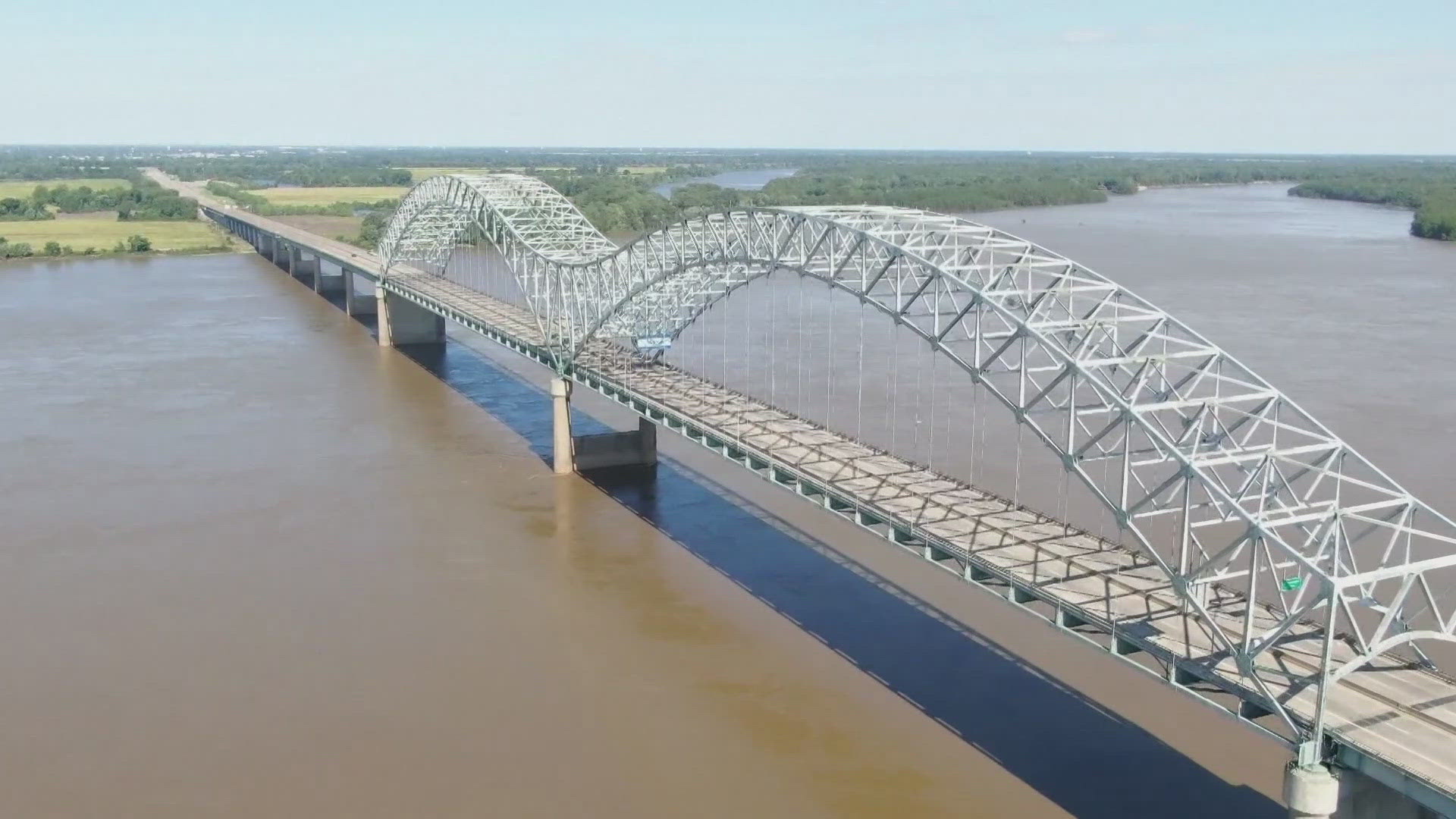NASHVILLE, Tenn. — Tennessee got a "C" grade for its overall infrastructure from a national and renowned group of civil engineers.
The American Society of Civil Engineers said the state is seeing a similar trend as the rest of the country in which its roads, bridges, drinking water systems and more reach the end of their service lives. A state commission recently found that the state needs around $68.3 billion worth of improvements to address all infrastructure concerns in the state.
The ASCE divides its report card into 13 categories, each given an individual grade based on how well systems perform and how they meet the state's needs. The state received no "A" grades in the report, and only received one "B," for its bridges. The state got ten "C" grades and two "D" grades.
The categories and their grades are listed below.
- Aviation: C+
- Bridges: B
- Dams: D+
- Drinking Water: C+
- Energy: C+
- Inland Waterways: C
- Solid Waste: C+
- Stormwater: C+
- Transit: D+
- Wastewater: C-
The report card said while there is transit service in every county, such as bus services on fixed routes and dial-a-ride transit, ridership was only up to 60% of pre-pandemic levels in April 2022. The Tennessee Department of Transportation also found a "pronounced need" for service during weeknights and weekends.
The report also said residents with disabilities are choosing to drive private vehicles more instead of choosing transit services.
"For those 'choice riders' to return to transit, dedicated funding streams like regional sales taxes are necessary for significantly enhanced service in Tennessee’s four large urban areas – including rail transit and bus rapid transit using dedicated lanes on the state’s most congested corridors," the report card said.
It also said the state has 1,238 dams or a variety of purposes, like drinking water or flood control and recreation. Around 67% of those dams are privately owned, according to the report card, and because they're privately owned little information is available about their condition.
"Of the 148 state-regulated high-hazard potential dams (HHP), 85% are in satisfactory condition. While all state-regulated HHP dams have emergency action plans, just 46% of all HHP dams in the state can say the same," the report card said.
The state also has around 20,000 bridges and around 43% are in good condition, according to the report card. It also said 53% of the bridges were in fair condition, and only 4% were in poor condition.
"However, locally owned bridges are typically in worse condition than the statewide average. To help with local challenges, the Tennessee legislature decreased the required local match and provided funding in the 2017 IMPROVE Act for 536 local bridge replacement projects. The 2021 Bipartisan Infrastructure Law will provide a 56% increase in available transportation funding over the next five years," the report card also said.

